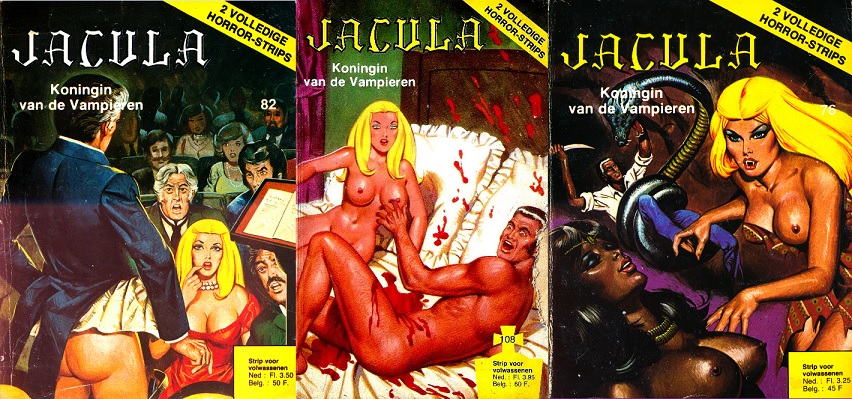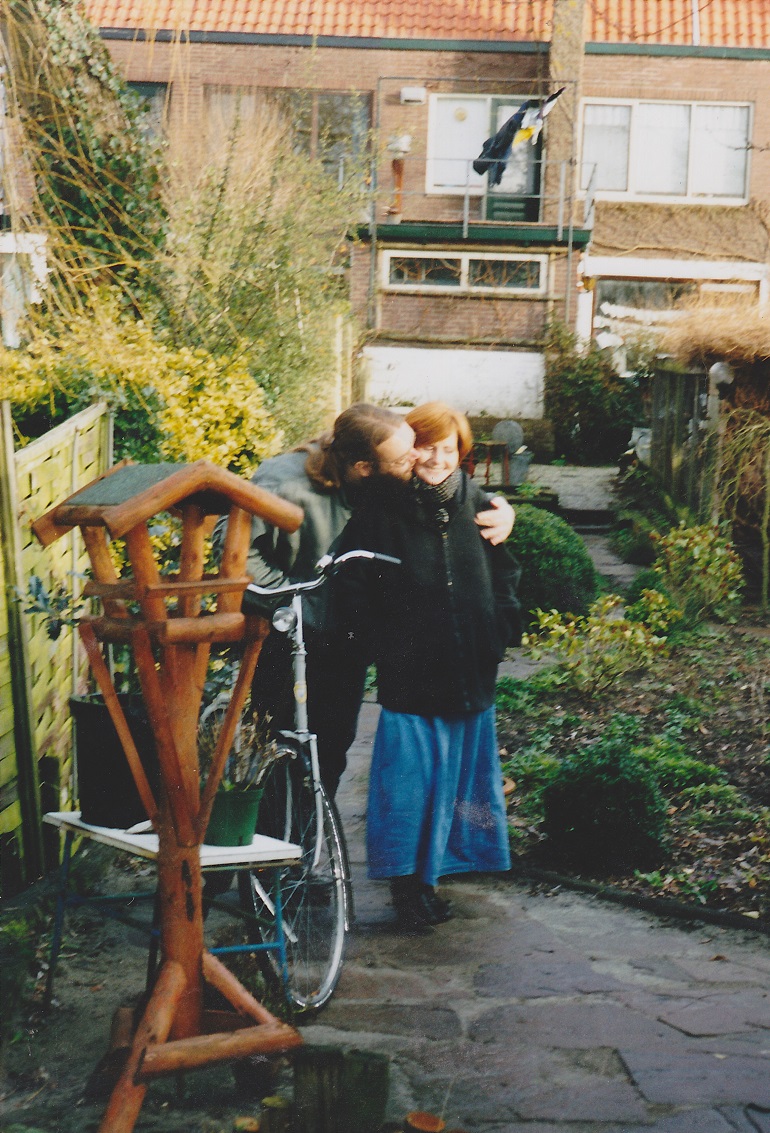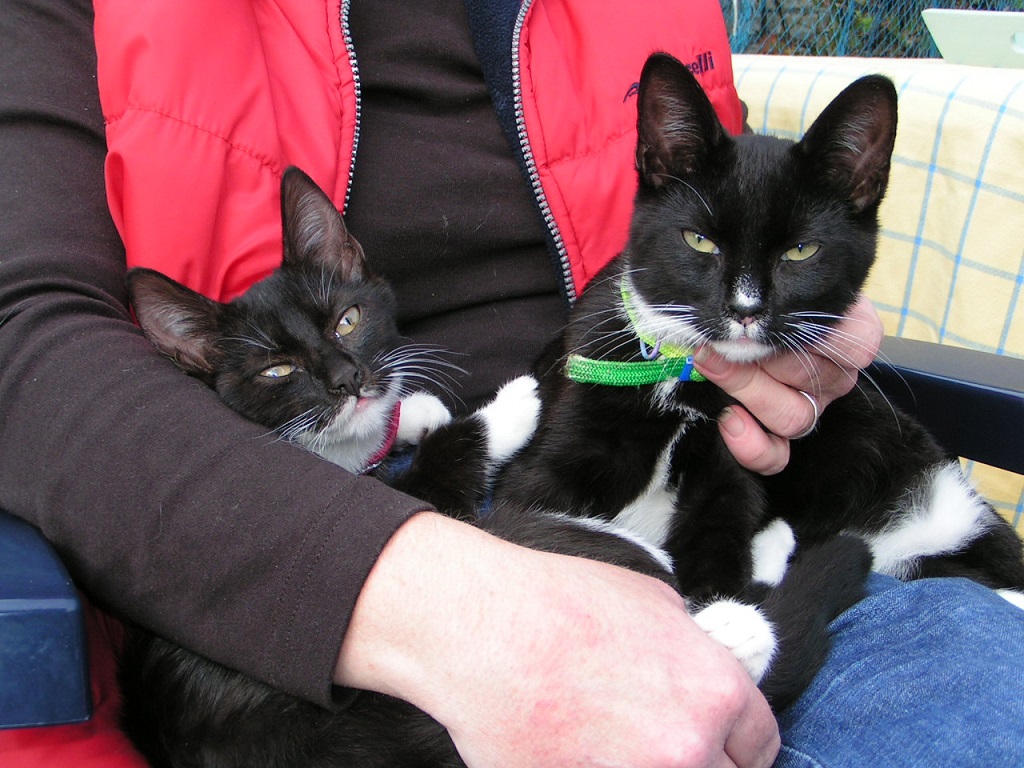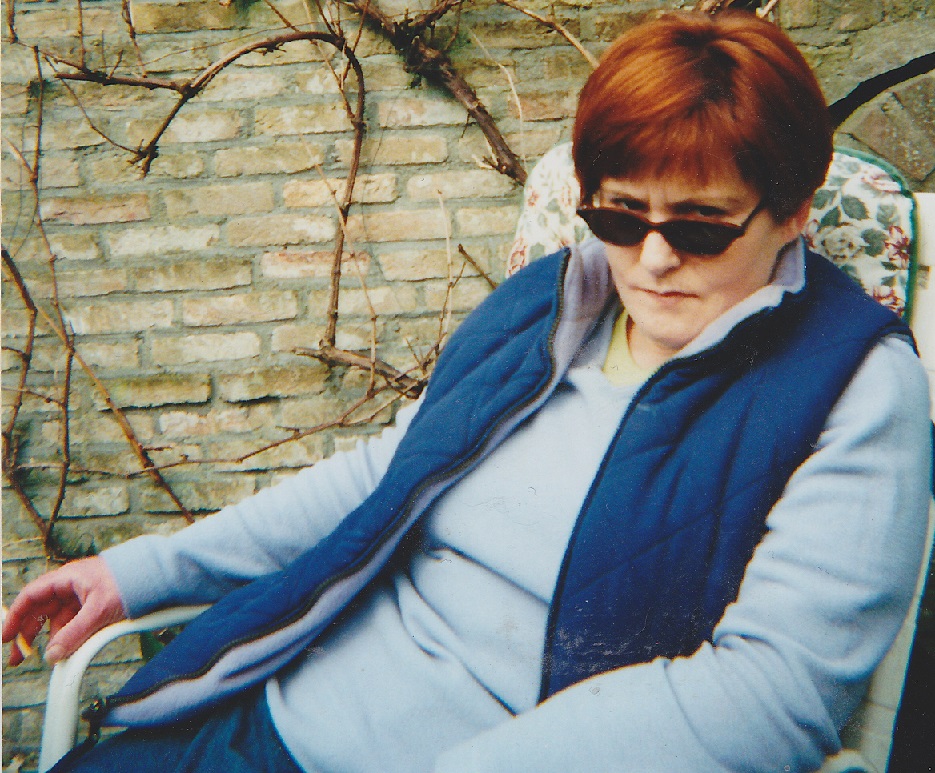Pause and Select‘s video about the anime media mix and the way it can shape narratives and the changes in how it has done so got me thinking. In the interview here with Marc Steinberg, who has written a book about this, they discuss how the media mix works. How a franchise like Star Wars creates a narrative through the use of different media: comics, movies, books, cartoons, television shows and how that changed for the anime media mix with Haruhi with the character becoming the world rather being part of a narrative within that world. No longer on a consistent narrative within one world, but with the narrative changing, the world altered depending on which particular bit of media you’re consuming. You’re reading for Haruhi and it no longer matters which narrative she’s part of.
Which got me thinking.
You know what sounds really similar to how Haruhi is presented and sold? How DC Comics traditionally dealt with Superman. Because what you see there is that from 1938 to the seventies, what they’re selling is not the world of Superman, where you have different stories in different media but all set in the same world, but rather the same character in different contexts. The Superman comics told different stories from the newspaper strip, the Max Fleischer cartoons, the tv and radio shows or the underoos, but had the same recognisable characters. The comics themselves were often not even that consistent, with no real continuity, taken place in an eternal present. Then there were the imaginary stories, where the writers would place Superman in deliberately world ending scenarios and presented it explicitly as not real in a very different way from how every other Superman story was not real.
In this context, the Haruhi media mix is the older model and it was Marvel which introduced the media mix as narrative, by explicitly setting its comics in the same world, with a continuity that means one story is set after another and characters can cross over into other stories, expecting the reader to pay attention and directly refering to the older story when relevant through recapping or editorial notes. At first this was of course only limited to the comics themselves, with any other media adaptations just being that, adaptations, but its ultimate form is the Marvel Cinematic Universe, having introduced superhero comics continuity to the cinema, where stories can continue in different movies, tv shows and even comic books!
What sets the Haruhi media mix model apart from the Superman model is a greater self consciousness and awareness of the media mix as a whole, rather than seeing the comics or the movies as the primary component and the rest as mere adaptations, optional elements, to be discarded when no longer relevant. (Sometimes even discarding its own primary continuity, as in Crisis on Infinite Earths.) Haruhi has character as primary mode of engagement much more than Superman ever had, which still had a rough consistency across all its media elements, elements that once added, would crop up everywhere. With Haruhi on the other hand it’s just enough she’s Haruhi.
Which of course brings me to vtubers. The ultimate form of character as world, with the narrative rising organically from day to day streaming, where the core elements of the character (Subaru is a loud duck, La+ is a chuuni fork) are what sticks but the context in which they’re established barely matters. Meaning created out of thin air. The ultimate post-modern entertainment.




